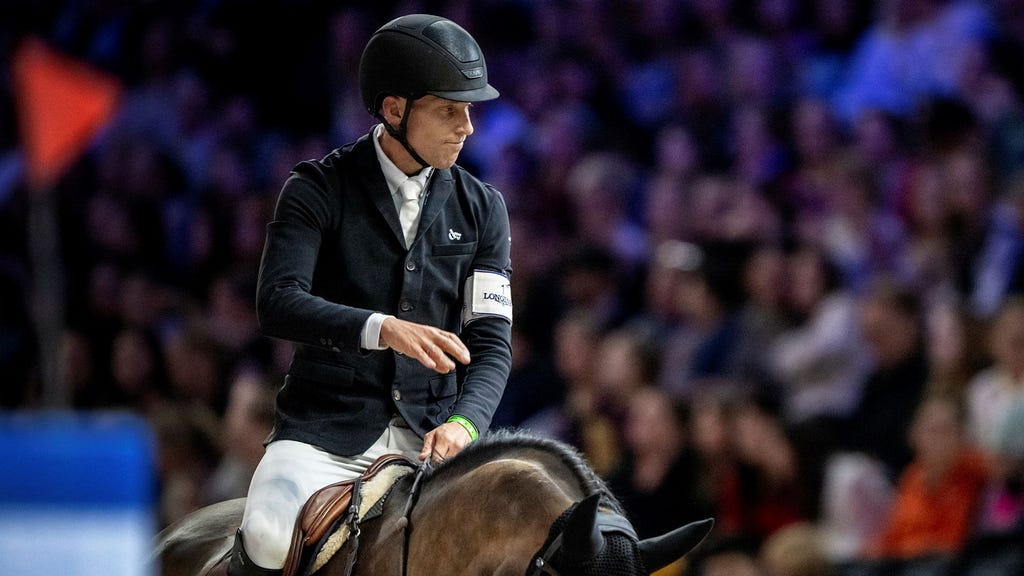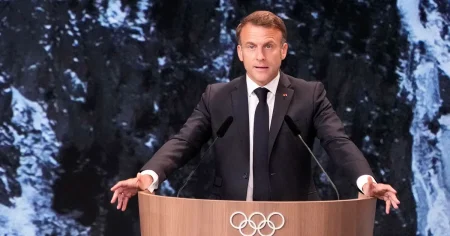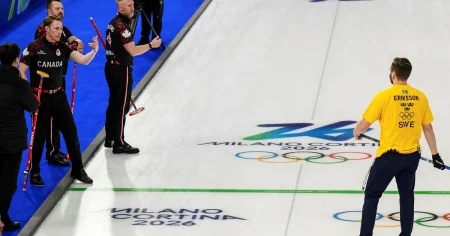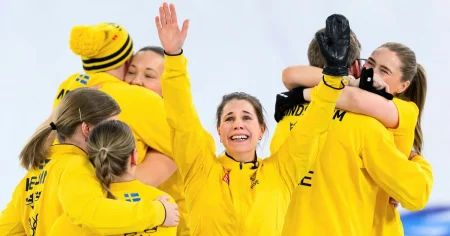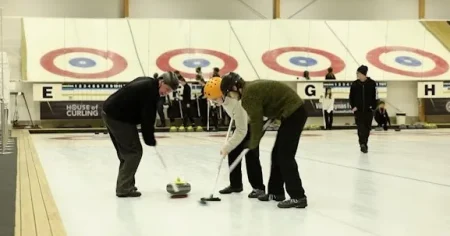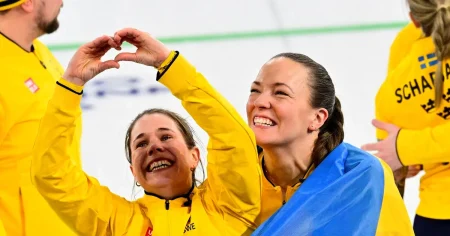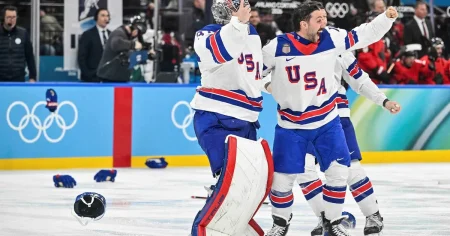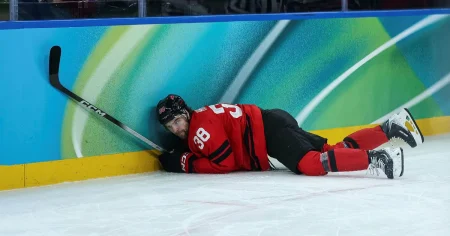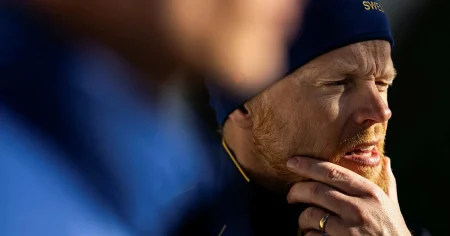Henric von Eckermann, the world’s number one ranked show jumper, continues to face a challenging period in his competitive career. This slump persists despite his decision to bench his star horse, King Edward, for the remainder of the indoor season. The strategic move was intended to allow King Edward ample rest and preparation for the demanding outdoor circuit, including crucial championships later in the year. However, von Eckermann’s struggles have extended to his new partner, Iliana, with whom he finished last amongst those completing the course at the prestigious World Cup competition in London. This disappointing result underscores the complexities of high-level equestrian sport, where the synergy between horse and rider is paramount, and transitioning between partners can present significant hurdles. The pressure of maintaining a top ranking further complicates matters, especially in a sport known for its demanding physical and mental requirements for both horse and athlete.
Von Eckermann’s decision to prioritize King Edward’s long-term well-being reflects the careful management necessary for elite equine athletes. The intense schedule of international competitions, coupled with travel and environmental changes, can take a toll on horses. Rest and recovery are essential to prevent injuries and burnout, ensuring peak performance during crucial events. While the current indoor season provides valuable competitive opportunities, von Eckermann’s focus remains firmly fixed on the outdoor season, where King Edward’s proven prowess is anticipated to shine. This strategic approach prioritizes major championships and long-term success over short-term gains, highlighting the calculated risk-management inherent in top-level equestrianism.
The partnership between horse and rider is a multifaceted and dynamic relationship, built on trust, communication, and an intimate understanding of each other’s strengths and weaknesses. The transition from one partner to another, especially for a rider accustomed to the nuances of a specific horse, can present a steep learning curve. Each horse has a unique temperament, riding style, and response to cues, requiring the rider to adapt their approach and develop a new dynamic. Von Eckermann’s current challenges with Iliana likely stem from this adjustment period, as they navigate the complexities of establishing a cohesive partnership under the pressure of international competition. This underscores the crucial role of compatibility and the time required to forge a winning combination in show jumping.
The London World Cup competition, a highly competitive event attracting the best riders and horses globally, provided a stark reminder of the demanding nature of the sport. The challenging course, combined with the pressure of performing on a world stage, amplified the difficulties von Eckermann faced with Iliana. Finishing last among those who completed the course is undoubtedly a setback, but it also offers a valuable learning experience. The result highlights the areas requiring further development in their partnership and provides a benchmark for future progress. It’s essential to view this outcome within the context of the broader strategy, where the focus remains on building a strong foundation for long-term success with Iliana while prioritizing King Edward’s readiness for the outdoor season.
While von Eckermann’s recent performance with Iliana hasn’t met expectations, it doesn’t diminish his standing as a world-class rider. The intricacies of equestrian sport, with its inherent variables related to both horse and rider, often lead to fluctuations in performance. The demanding nature of the sport, requiring peak physical and mental condition from both athlete and animal, makes consistency a challenge even for the most accomplished competitors. Von Eckermann’s current situation exemplifies this reality, demonstrating that even the world’s top-ranked rider can experience periods of difficulty. These challenges, however, provide opportunities for growth and refine the skills necessary to navigate the complexities of the sport.
The road ahead for von Eckermann involves navigating a delicate balance: developing his partnership with Iliana while preserving King Edward for crucial competitions. The London World Cup served as a valuable learning experience, highlighting areas for improvement and reinforcing the importance of adapting to the unique characteristics of each horse. While the immediate results may not be ideal, the long-term strategy remains focused on maximizing performance during the outdoor season. Von Eckermann’s dedication to his horses and his commitment to continuous improvement underscore his resilience and determination to overcome these challenges and maintain his position at the pinnacle of show jumping.





